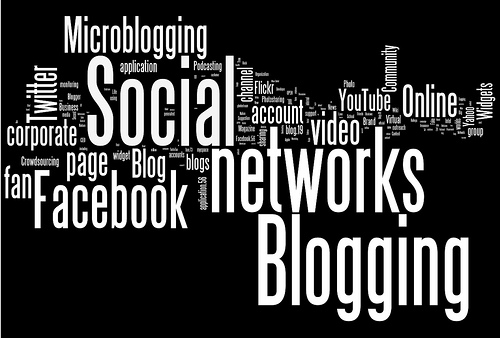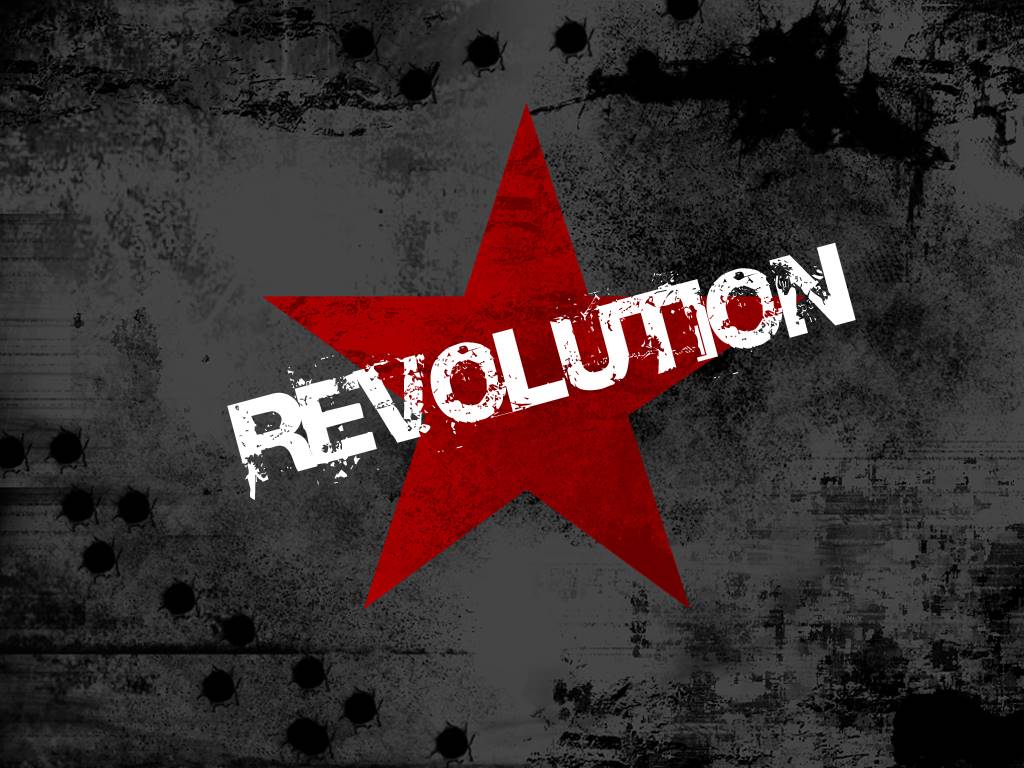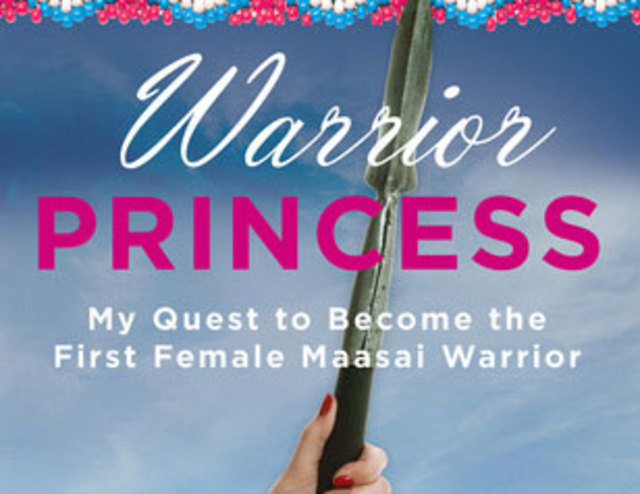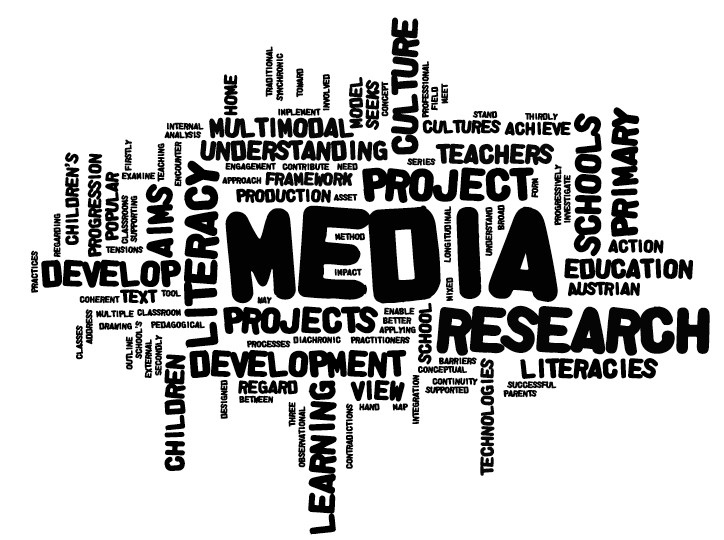“Until lions write their own history, tales of the hunt will continue to glorify the hunter.” — African Proverb
Despite the richness, diversity, and complexities that shape the landscape that is my homeland, Africa is often depicted as one big safari (or war zone). Why is that? Because Africa’s stories are rarely told by Africans themselves.
This is no different for the African LGBT movement. For every western media news story I hear about LGBT Africans being murdered, raped, living in fear etc., there is an untold story of resistance, progress, and change. As a queer Nigerian writer, I have made it my responsibility to cover that change, to document our history as told by us — not through the eyes of western imperialists or saviorists, and to amplify the voices of my brothers and sisters who are leading the way.
For instance, on a recent trip to South Africa, I met an African transgender man who told me that he’d gotten most of his hormone therapy and sex reassignment surgeries covered by the government. In MA, where I’ve been living for the past ten years, we only just recently passed a workplace anti-discrimination law that includes gender identity. Many of my friends still have to work several jobs at  a time, throw fundraisers, and run online fundraising campaigns to pay for their gender reassignment surgery. But before I could congratulate him on such a feat, he dismissed the achievement almost entirely. “They can do better. I’m going to make the government pay for all the surgeries. What nonsense.â€
Given all the negative news we hear about gay Africans (as well as either the apathy or aggressive criminalization by African governments), who would ever have suspected that a black, transgender South African would not only have gotten gender reconstructive surgeries covered by the government, but that he would be so bold as to demand for more,  i.e. full coverage for anyone transitioning, when countries like the US are still debating the recognition of gender identity in basic healthcare policy?
I immediately began to interrogate him about his experience advocating for trans-inclusive healthcare, and LGBT activism in general. Soon, we discovered a way we’d already been connected; I’d recently written about his organization in a recent article (“Will Transgender and Intersex Activism Unite Africa’s Movements?“) for Gender Across Borders. Small world. But he’d had no idea. So, before we parted ways, we exchanged emails, and he gave me a T-Shirt with his organization’s name and logo on it. I was so happy to have met a fellow gender non-conforming African, and resolved to keep in touch, and follow his work more closely.
But here’s the thing: after I got back to the states, I searched for his organization online and all I found was a website with no content. Not even a contact link. His umbrella organization had an active Facebook page, but the major new initiative he’d shared with me, along with some of the programs and work he’d talked about, weren’t mentiond in their updates. Basically, my new friend — and all his passionate trans advocacy — was invisible.
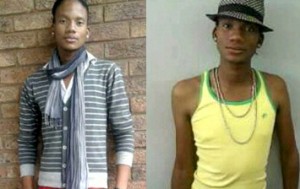 Two weeks ago I heard about the brutal murder of an LGBT South African, Thapelo Makutle, described by western and African news and media outlets as gay. Thapelo had recently competed (and won) a beauty queen pageant, was seemingly self-described as trans, but I had no idea which pronouns they went by; almost all the news stories I came across had been written by people outside of the  community most familiar with Thapelo’s work. I wondered if my friend had known Thapelo personally. I wondered what he would have written about the crime, and what steps he would have suggested to happen next in order to honor and continue to build on the work of a fellow transgender activist.
Two weeks ago I heard about the brutal murder of an LGBT South African, Thapelo Makutle, described by western and African news and media outlets as gay. Thapelo had recently competed (and won) a beauty queen pageant, was seemingly self-described as trans, but I had no idea which pronouns they went by; almost all the news stories I came across had been written by people outside of the  community most familiar with Thapelo’s work. I wondered if my friend had known Thapelo personally. I wondered what he would have written about the crime, and what steps he would have suggested to happen next in order to honor and continue to build on the work of a fellow transgender activist.
As the story spread far and wide, framed as an anti-gay issue in Africa, Thapelo’s trans identity taking a back seat — I began to feel frustrated. Now, news of the crime was being picked up by western media sites, who barely cared to include any details beyond the murder method and a reiteration that South Africa was unsafe. Where were the other less-sensationalized truths? What were they? Who could we trust, then and now, to deliver them to us? And, how will these voices be able to reach us in crucial times such as these?
These are all questions I’m hoping my new project – Social Media & Communications Training for African Women’s & LGBT Organizations — will address. For the next 6 months, I’ll be traveling through 6-8 countries (including South Africa, Swaziland, Lesotho, Namibia, Botswana, Malawi, and more), hosting workshops on social media, writing and storytelling, branding and communications, blogging, tweeting, and more.
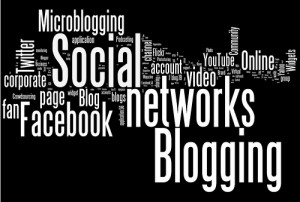 My goal is to support my brothers and sisters in leading the conversation about the LGBT African movement and the impact of their work, so that it isn’t reduced to a series of atrocities and vigils due to the west’s tendency to “re-tell” reductive stories about Africa (and the Diaspora in general).Â
My goal is to support my brothers and sisters in leading the conversation about the LGBT African movement and the impact of their work, so that it isn’t reduced to a series of atrocities and vigils due to the west’s tendency to “re-tell” reductive stories about Africa (and the Diaspora in general).Â
However, I must reiterate, that in addition to lending my hand to the fight for liberation at home, I am eager — and excited! — for the opportunity to learn from activists who have been creating change with little to no resources.
As the founder and lead-organizer of a nationally-recognized grassroots organization, and executive editor of a media advocacy and publishing organization, both of which serve queer people of color, including the Diaspora, I’ve had to learn to be resourceful in a variety of ways; but I’ve done all this from a very safe distance away from draconian anti-gay laws that threaten imprisonment and death (at least most of the time). I can’t imagine the hardships queer African activists face under such a climate. Yet, in spite of this, they persist, they survive, and often, against all odds, they thrive.
I will never forget how much the passion and conviction of my friend inspired me that day; it still encourages me to have courage, push through the fear, whenever I begin to doubt myself. I need this trip just as much as my brothers and sisters need my — and all of our — support for healing, for hope, and for affirmation.
So, goodbye to the overly simplistic, dehumanizing narratives western dogma continues to perpetuate about African; and hello to authenticity, autonomy, and self-determination. Instead of constantly being disappointed by reductive narratives about LGBT Africans (in the rare occasion they’re presented at all), I’m focusing instead on arming my community with tools and strategies to amplify of our voices. As far as telling our story of the LGBT African movement? I think we can take it from here.
David Kato. Thapelo Makutle.  And too many whose names we will never know. This trip is my homage to you.Â
Support Africa Social Media Project
I’m aiming to raise more than $7500 by July 31st. I’m embarking on this trip completley on my own, and relying on individual donations; no sponsorships, no grants, just me. So, please consider donating if and as much as you can. I’ll be gone for 6 months, and am hoping to not become another “starving child in Africa”!
Suggestion: A good way to calculate a donation would be to think about what you’d be comfortable giving me as a one-time contribution, then multiply that by six.
All details about my project are available at http://www.indiegogo.com/africansforafrica
You can follow my journey @spectraspeaks and hashtag #africansforafrica on Twitter, or my Tumblr blog http://africansforafrica.tumblr.com/.
Alternatively, you can setup a recurring donation via paypal by selecting from one of the options below:
